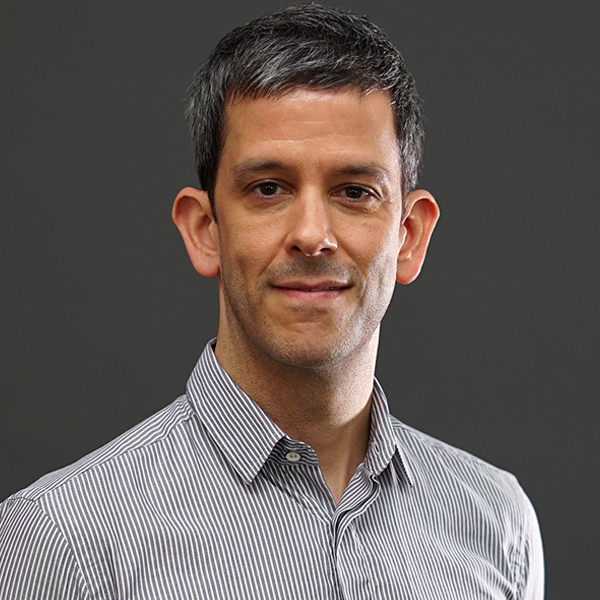
Image Source: United Nations
This week marked the celebration of Human Rights Day, and there's no better time to endorse the fruitful relationship between Health Right International and GPH. Since 2014, we have benefited from a unique relationship built around our respective strengths in research and implementation. Our collaboration brings the field into the classroom with innovative courses and internships, and research into the field with the contributions of faculty to projects and grants.
As this year's theme for Human Rights Day is to Recover Better, the COVID-19 pandemic compels us to focus on the need to build back better by ensuring that human rights are central to pandemic recovery efforts.
Our collective struggle with the coronavirus has created many obstacles for asylum seekers, many of whom are served by HealthRight’s Human Rights Clinic (HRC). We deploy a network of volunteer physicians and mental health professionals who provide forensic evaluations to document the physical and mental human rights abuses suffered by immigrants seeking asylum and other relief in the U.S. These evaluations can make the difference between asylum being granted or denied — over 90% of HRC clients are granted asylum or other relief, compared to the 35% grant rate of asylum seekers nationally.
There are myriad challenges to proceeding with asylum applications remotely for immigrant adults and children, both detained and non-detained. There are technological barriers, for instance: asylum seekers may not have laptops and smartphones, and access to phones or video in detention can often be unpredictable and limited.
Many applicants live with foster families or are experiencing homelessness at high rates due to the pandemic. Barriers to privacy (at home, in detention or in a shelter) complicate the need to discuss sensitive information. And there are difficulties in working with interpreters remotely.
Hearings that have gone forward since mid-March have been virtual or telephonic but regrettably, much can be lost in the way of the human element while preparing and presenting cases. It’s difficult to see emotions, mannerisms and other elements that aid in communication and establish credibility, weakening asylum claims and ultimately shortchanging due process rights.
HRC’s transition to conducting remote forensic evaluations was largely uncharted territory, but over the last nine months best practices have been developed using the substantial insights we’ve gained. The experience can serve as a possible model for reaching clients in underserved areas post-pandemic.
Fortunately, switching to remote operations has become an opportunity for us to reach clinicians who might not have otherwise been able to attend a training. For our part, we’ve adapted our training to take place over livestream with new and engaging media.
So while we’ve always managed our volunteer network remotely, moving to remote operations has motivated us to employ new, creative strategies for engaging volunteers and provided opportunities for ongoing learning, e.g. livestream webinars, online meet and greet events, etc.
In the spirit of never letting a crisis go to waste, we expect beyond the pandemic to draw on many of the lessons we’ve learned from operating remotely and to expand the reach and impact of our lifesaving services.

Peter Navario, PhD, MPH
Clinical Assistant Professor of Public Health Policy and Management
Executive Director of HealthRight International